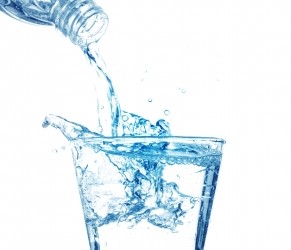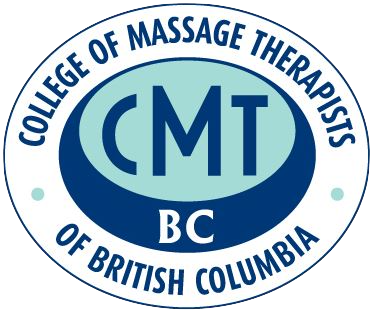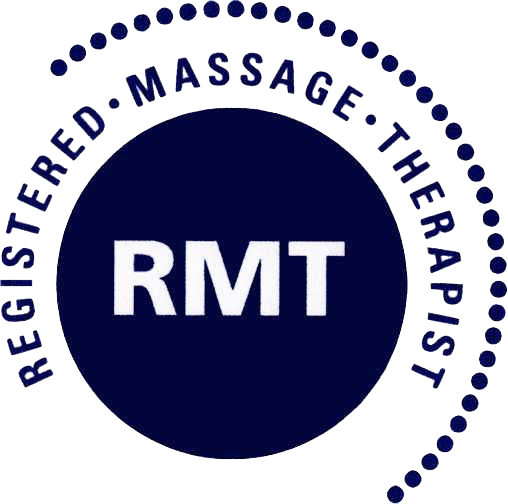Drinking water is not only important to your daily health, but is extremely important to maintain your health before and after a massage. During a massage, your massage therapist manipulates toxin filled muscles and tension that constricts blood flow, which could have negative risks if you don’t take the proper precautions.
Drinking Water before Your Massage
People typically get massages to alleviate some level of tightness in their muscles. Tight, tough muscles act as a barrier for healthy blood flow and lymphatic drainage. Consider the following example of how your blood flow interacts with your muscle. A hose of flowing water (your blood stream) approaches a kink in the hose (your tight muscle), which makes it more difficult for the water to move through the system. In other words, as your blood flows to a muscle plagued with tension, it has a hard time flowing through the muscle.
Your massage therapist is loosening your muscles and surrounding connective tissue, making it easier for the blood to deliver essential fluids and oxygen to the neglected parts of your muscles. However, this transition of water from the blood stream to the muscle can leave you feeling dehydrated and rather unpleasant. To prevent dehydration, it is recommended that you drink one to two glasses pf water before beginning your massage. You are essentially storing water for your blood to use once it sends fluid to your muscles.
Drinking Water after Your Massage
Once your muscles have been sufficiently poked, prodded, and stretched, you will be feeling relaxed and will likely not think of the effects the newly loosened muscles are having on your health. To understand the danger, it’s important to understand the science behind tight muscles.
As tension builds in your muscle from bad posture, injuries, or stress, the muscle becomes tough, preventing good blood flow to the muscle. With this decrease in blood flow, your muscle will begin to suffer from metabolic waste buildup, creating adhesions in your muscle over time. You will begin to feel pain and lose mobility in these muscles, which is when most people turn to massage therapy.
Your massage therapist can work your muscles, breaking up these adhesions and increasing blood flow to your muscles, but it creates two risks. First, as described above, the fluid supply will leave the blood stream to go to the muscle, causing you to feel dehydrated. Second, when the tight spots in your muscle are relieved, the toxins, which built up from poor blood, flow will be released and your blood stream will be flooded with more toxins than normal, which could cause illness.
To prevent sickness due to toxins and dehydration, simply drink one to two glasses of water after your massage to flush the toxins out and clean up your blood stream.
There’s no need to be worried about the risks mentioned above as long as you hydrate yourself before and after your massage session. Every massage therapy center will have access to plenty of water and the therapists will tell you exactly how to avoid massage-related risks.
Article Author: Shelly Jackson is a Registered Massage Therapist and owner of Buena Vista Massage Therapy Clinic in Vancouver, BC. On a daily basis we deal with: resolving muscle and movement stiffness and pain; injuries from vehicles or sports; post breast cancer rehab; pregnancy related discomfort; repetitive strain and overuse injuries. We work with clients to reduce their anxiety and stress, improve joint movement, sleep and quality of life. Working with qualified massage therapists is necessary for your continued health. Contact us at 604-538-7166 and we would be happy to answer any questions you have.
Photo Source: courtesy of Theeradech Sanin / Free Digital Photos



